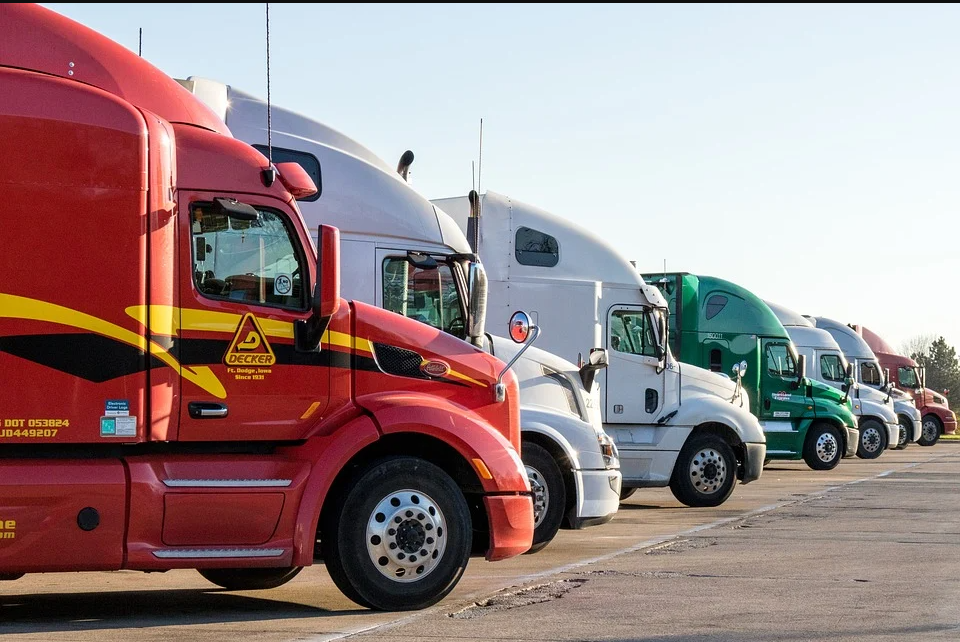
The cause of many accidents is that truckers do not understand the standard operation enough, or they regard the standard operation as a "troublesome thing" over time. Today, we will talk to all truckers about the precautions for tire inflation, and hope that the truckers can pass it on to each other.
Ⅰ. Before inflating, check the standard air pressure of the tire tread of the big truck tires
Generally, when inflating a tire in a repair shop, truckers usually say: "Please inflate 10 pressure." The 10 pressure here refers to 10 standard atmospheric pressure.
The air pressure mark is engraved on the tread of the tire, which sets the pressure range that the large truck tire can withstand. Exceeding or falling below this range may cause a blowout.
Maybe truckers do not have a specific concept of the power of 10 atmospheric pressure. Here is a simple analogy for everyone. The pressure of 1 standard atmosphere on 1 square meter is equivalent to an adult elephant stepping on it;
By analogy, 10 atmospheric pressure is the impact of at least 10 elephants stepping on the ground of 1 square meter at the same time, and some truckers compare it to the explosive power of a grenade.
Truckers must first understand your tire model and reasonable tire pressure range, and then tell the maintenance workers to inflate properly. Before inflating, stop the vehicle for a period of time to ensure that the temperature drops. Excessively high temperature will lead to deviations in the measured air pressure.
Many standard operations for inflating large truck tires on the Internet involve tire pressure monitoring, inflation temperature, valves, etc., but few people mention a piece of equipment - the safety cage.
The tire inflation safety cage is a kind of equipment developed to ensure the safety of maintenance personnel during the inflation process. It is divided into fixed type and mobile type. Push the removed tire into the safety cage to inflate, and the thick steel pipe will become a barrier.
According to incomplete statistics, a qualified safety cage can effectively absorb about 93% of the impact force, thereby protecting everyone's safety.
The price of such a device is around 1,600 to 4,000 yuan, but many truckers seldom see it in places where they repair and inflate large truck tires. First of all, many people do not know about such protective measures; Secondly, they don't think it's necessary.
Besides the quality problem of the truck tire manufactured by the truck tyre wholesaler, the maintenance of the tire is also extremely important. It is also the lack of this reverence for truck maintenance that leads to frequent accidents of inflating the truck tire and resulting in serious injury after tires blow out.
Ⅱ. The operating specifications of large truck tires must be kept in mind
It's reckless to inflate truck tires without precautions. Even if there is no safety cage, truckers and mechanics need as much safety as possible.
Before inflating, insert two steel pipes in the middle of the metal rim of the tire to fix the tire, and make sure that it will not loosen before inflating. This is also an emergency method. Of course, the precautions of this method are not as reliable as the safety cage, but it is better than having no precautions.
In addition to safety protection, the following points need to be paid attention to when inflating large truck tires:
1. Be sure to check the air pressure of the lorry tyre at any time during the inflation process to prevent tire blowout caused by over-inflation. The judgement based on experience of many masters is unreliable, and they may ignore the timing if they are not careful.
2. Before inflating, wipe off the dust on the valve, and do not loosen the valve core. After inflating, apply soapy water to the valve.
Check for air leaks (if there is a leak, small air bubbles will be generated), and install the valve cap tightly to prevent sediment from entering the valve. Do not inflate too much and then deflate.
There is an old Chinese saying if you always walk around the river, your shoes must be wet. Whether it is transportation or truck tire maintenance, truckers must remember that safety is more important than anything else.
 E-mail: tyre@aolaisi.com.cn
E-mail: tyre@aolaisi.com.cn Tel: 0714-3509761
Tel: 0714-3509761  Language
Language 




